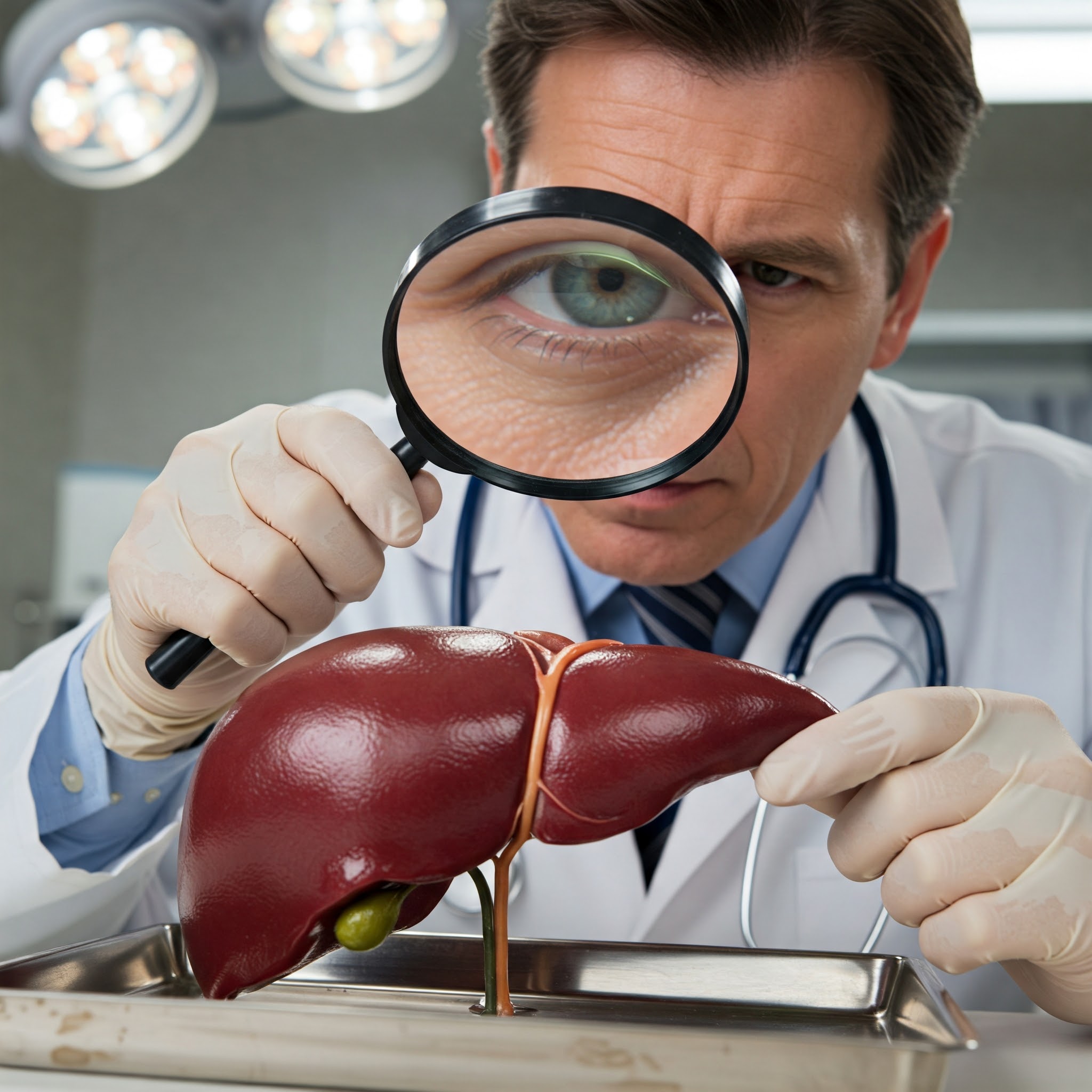Worried About Fatty Liver? Here's What You Need to Know

Fatty liver disease, a condition characterized by the accumulation of excess fat in the liver, is increasingly prevalent worldwide. While often asymptomatic, it can progress to serious liver damage if left unchecked. Understanding the causes, symptoms, and management strategies is crucial for maintaining liver health.
What is Fatty Liver Disease?
Fatty liver disease falls into two main categories:
- Nonalcoholic Fatty Liver Disease (NAFLD): This is the most common type and is not caused by excessive alcohol consumption. It's often associated with obesity, type 2 diabetes, high cholesterol, and metabolic syndrome.
- Alcoholic Fatty Liver Disease (AFLD): This is directly linked to chronic heavy alcohol consumption.
Causes and Risk Factors
Several factors contribute to the development of fatty liver disease:
- Obesity: Excess body weight, particularly abdominal fat, is a major risk factor for NAFLD.
- Type 2 Diabetes: Insulin resistance, a hallmark of type 2 diabetes, promotes fat accumulation in the liver.
- High Cholesterol and Triglycerides: Elevated levels of these lipids can contribute to fatty liver.
- Metabolic Syndrome: This cluster of conditions, including high blood pressure, high blood sugar, abnormal cholesterol levels, and excess abdominal fat, significantly increases the risk.
- Certain Medications: Some medications, such as corticosteroids and certain cancer drugs, can cause fatty liver.
- Rapid Weight Loss: While weight loss is generally beneficial, rapid weight loss can sometimes lead to fatty liver.
- Alcohol Consumption: Excessive alcohol intake is the primary cause of AFLD.
- Other factors: such as sleep apnea, hypothyroidism, and polycystic ovary syndrome can increase risk.
Symptoms and Diagnosis
In many cases, fatty liver disease is asymptomatic, especially in its early stages. However, some individuals may experience:
- Fatigue
- Weakness
- Abdominal discomfort or pain in the upper right quadrant
- Elevated liver enzymes on blood tests
Diagnosis typically involves:
- Blood tests: To check liver enzyme levels.
- Imaging studies: Such as ultrasound, CT scan, or MRI, to visualize the liver and detect fat accumulation.
- Liver biopsy: In some cases, a liver biopsy may be necessary to confirm the diagnosis and assess the severity of liver damage.
Complications
If left untreated, fatty liver disease can progress to:
- Nonalcoholic Steatohepatitis (NASH): Inflammation and liver cell damage.
- Cirrhosis: Scarring of the liver, which can lead to liver failure.
- Liver cancer: An increased risk of hepatocellular carcinoma.
Management and Prevention
There is no specific medication for NAFLD, but lifestyle changes are crucial for managing the condition:
- Weight Loss: Losing even a modest amount of weight (3-5%) can significantly improve liver health. Gradual weight loss is recommended to avoid complications.
- Healthy Diet: A balanced diet rich in fruits, vegetables, whole grains, and lean protein is essential. Limit saturated and trans fats, sugary drinks, and processed foods.
- Regular Exercise: Aim for at least 150 minutes of moderate-intensity exercise per week.
- Manage Underlying Conditions: Control diabetes, high cholesterol, and other associated conditions.
- Avoid Alcohol: For AFLD, complete abstinence from alcohol is crucial.
- Vitamin E: In some cases, a doctor may recommend vitamin E supplementation, but this should be done under medical supervision.
- Coffee: Some studies have shown that coffee may have protective effects against liver damage.
- Regular Check-ups: Regular monitoring of liver function is essential for early detection and management of any progression.
When to See a Doctor
Consult a doctor if you experience any symptoms of fatty liver disease or if you have risk factors such as obesity, diabetes, or high cholesterol. Early diagnosis and intervention can help prevent serious complications.
Maintaining a healthy lifestyle is the cornerstone of preventing and managing fatty liver disease. By adopting healthy habits, you can protect your liver and improve your overall health.
Related Post
Blurry vision can be harmless or a sign of serious eye or health issues. Learn the common causes, warning symptoms, and when to consult a doctor.
Discover how your baby grows each week with our detailed pregnancy guidance. Learn what to expect trimester by trimester.
Discover how to stay safe this summer with tips to prevent heat illnesses, dehydration & infections.
Learn when itchy breasts could be more than dry skin. Discover signs of inflammatory breast cancer or Paget’s disease.
Learn how to spot and prevent common summer illnesses in children. Stay one step ahead with expert advice and support
Learn how to manage high or low blood pressure with expert tips
